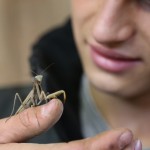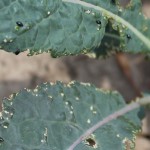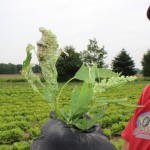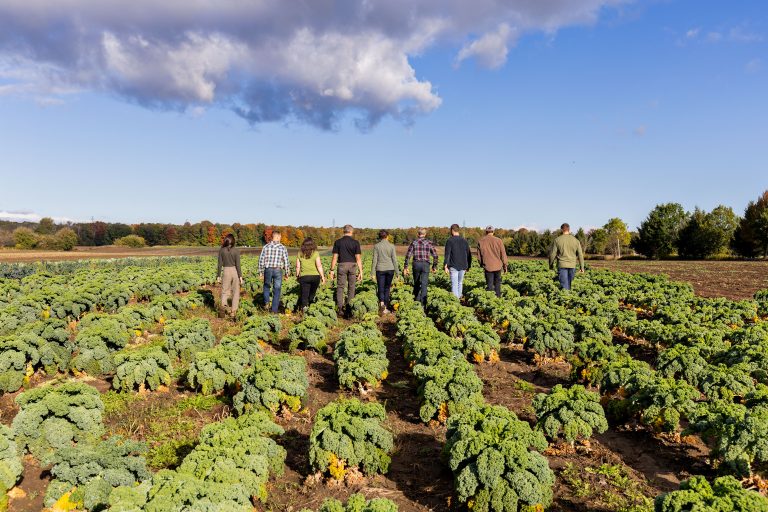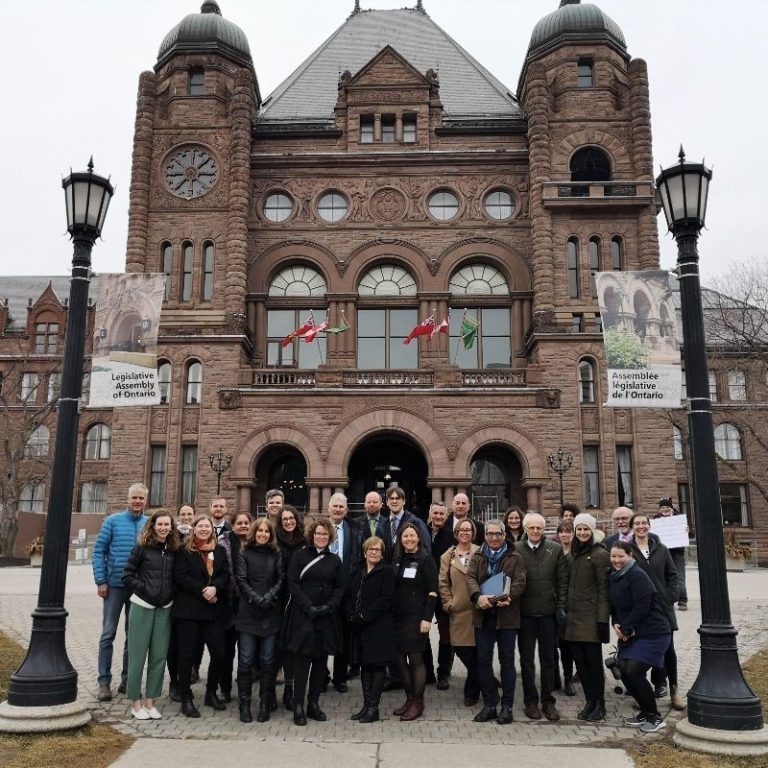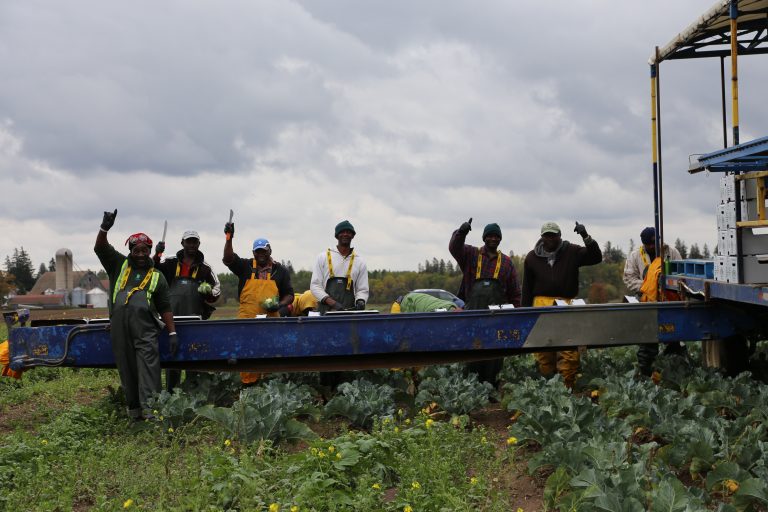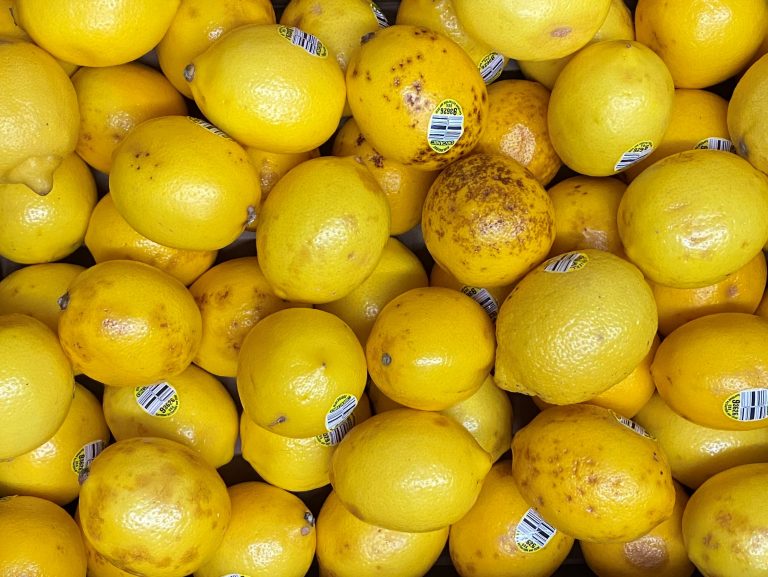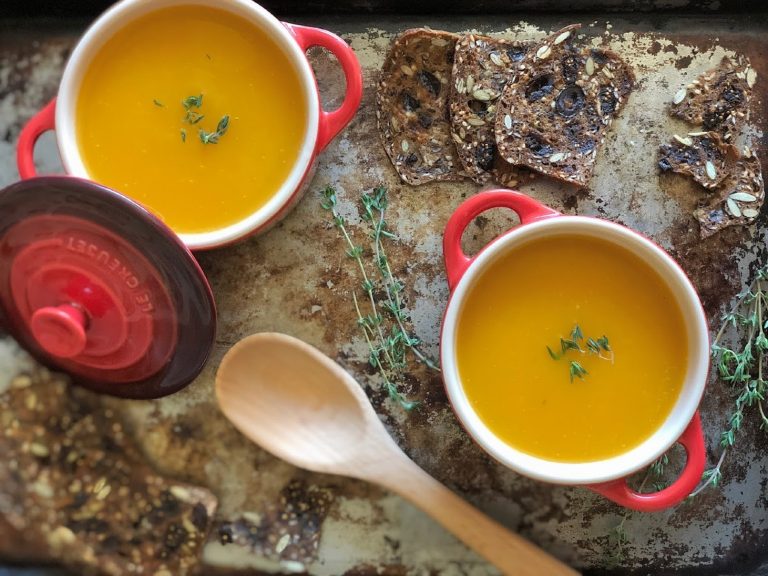Insects make up a very large portion of the world’s biological mass. We often associate them with annoyance and irritation, or even disease.
But that’s not all there is to the bug world. On the farm, we live in a world that is often very deeply impacted by the health and varieties of insects and other bugs. From yields to diseases, the activities of these miniature cohabitants of our farms can make their presence felt. We enjoy watching and photographing them and even actively supporting some of them.
Pollinators
There is a lot of talk about pollinators lately. What are they? Any bug that flies or crawls around from one flower to another in pursuit of nectar and can carry pollen from the stamens to the pistols of the same flower or of a different flower is considered a pollinator. It’s so simple and yet almost magical, like sprinkling fairy dust around.
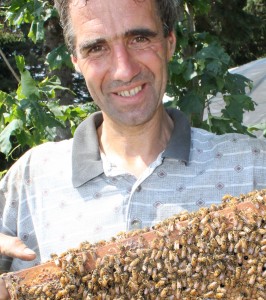
Wolfgang Pfenning’s hobby is beekeeping and our neighbour is a beekeeper so we have several hives on the farm.
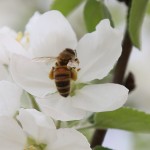
This honey bee was pollinating our apple tree this spring
Beekeepers the world over care for the swarms of honey bees that are prized for the amber gold nectar only they can make. Many orchards and other farms hire beekeepers to bring their bees to pollinate the crop. Because of this, they are more likely to be observed as they go about their lives.
Honey bees are great pollinators but there are many others. Butterflies, moths, hummingbirds, and some beetles to name a few.
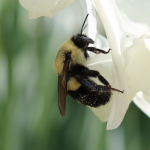
This bumblebee got trapped in our office, so we released him in the flower garden.
Bumblebees. These ungainly but adorable insects appear to mock all the laws of physics with their rotund bodies and seemingly disproportionately small wings. Their pollen baskets (corbiculae) gather and disperse pollen as they bumble through the flowers. Not all bees have this feature to collect pollen.
Even crops that can pollinate without the help of insects yield better when they are visited by a bug that spreads the pollen. There are many other insects whose activities are not observed as often, but they work their magic anyway.
Predators
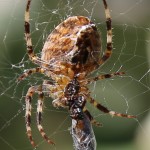
I always marvel at the beauty of a spider’s web, stretched between some unlikely things sometimes.
These types of bugs are a farmer’s friend. They eat many kinds of bugs that would otherwise munch on our plants in the fields and orchards. Just like wolves and coyotes keep rabbits from overpopulating, bugs such as the paper wasps, praying mantis, trichogramma wasps, lady bugs, spined soldier beetles, spiders, tiny pseudoscorpions and microscopic predatory nematodes keep many plant eating species from overwhelming our fields and wild spaces as well.
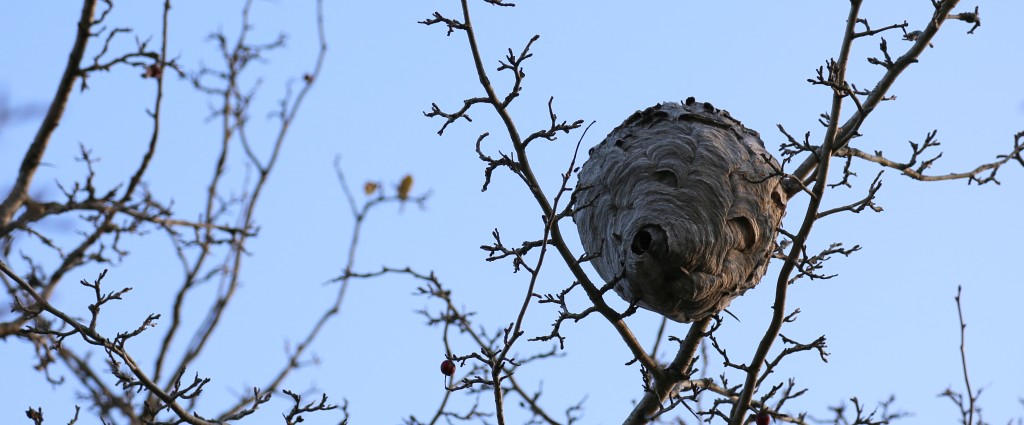
This arial paper wasp nest in our fencerow provided good pest control one summer. They can’t overwinter in these lofty nests.
Pests
Many people only think of irritation at the word “bug”. It is certainly not without cause. Since the first time a mosquito stuck its probiscus into a human, or a bite into an apple revealed the other half of a worm, humans have been cursing bugs. Caterpillars eat leaves and can cause a huge amount of damage to orchards and other plants. Some insects cause damage by spreading fungus or bacteria from one plant to another. Others such as the tiny flea beetle make the leafy greens lacy.
Whether they pollinate, eat other bugs, eat our crops, or just share our space, insects are endlessly fascinating in their tenacity and resilience, the seemingly infinite diversity and intriguingly specific life cycles. The more we learn, the more we appreciate the value of harmony between all living things, both great and small.


